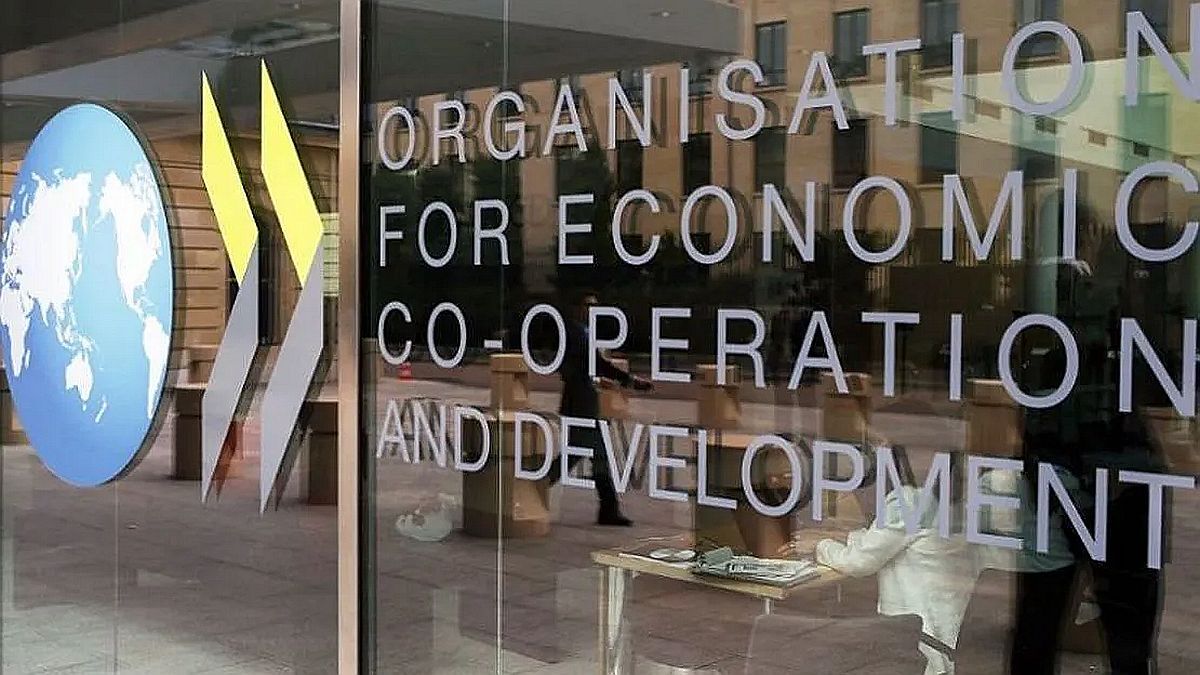The institution noted that Russia and Ukraine account for almost a third of world wheat exports, are important producers of fertilizers, and metals used in industry such as nickel, products whose prices skyrocketed 88%, 77% and 63%, respectively. , from January to the beginning of this week.
For the entity, the rise in food prices could cause an “increase in hunger and food insecurity in the world”, while the rise in metals would generate inconveniences on “a wide range of industriessuch as aeronautics, automobiles and chips”.
In the same way, the jump in energy prices “will impact households and generate disruptions in the production of goods and services in the world”, due, among other reasons, to the fact that Russia supplies 16% of the world’s natural gas and 11% of its oil.
“Global pressure on commodity supply is exacerbating the disruptions in supply chains caused by the pandemic, and is likely to affect consumers and businesses for a while,” said OECD Secretary-General Mathias Cormann in presenting the report. report.
Faced with the situation, Cormann recommended serenity to governments as to how to respond in terms of policies and, regarding Europe’s dependence on Russian gas and oil, he asked that measures to reduce it, although they may take “a few years “, they have to “start now”.
“We do not yet know how the war will unfold, but we do know that it will affect the world recovery and raise inflation. Government policy has a crucial role to play in reestablishing some of the certainties that we have lost,” said the chief economist of OECD, Laurence Boone.
To deal with the crisis, The 38-country body recommended “monetary policies that anchor inflation expectations” and “temporary and targeted fiscal measures to cushion the impact on consumers and businesses”which, if well designed, would add less pressure to inflation.
For his part, he indicated that, with the exception of “the most affected economies,” “most central banks should continue with their previous plans.”
Likewise, he underlined the need to make “temporary monetary transfers aimed at the most vulnerable consumers to mitigate the rise in energy prices.”
These measures “can be financed, in some countries, through the collection of taxes on extraordinary profits” generated by the situation.
Source: Ambito
David William is a talented author who has made a name for himself in the world of writing. He is a professional author who writes on a wide range of topics, from general interest to opinion news. David is currently working as a writer at 24 hours worlds where he brings his unique perspective and in-depth research to his articles, making them both informative and engaging.




